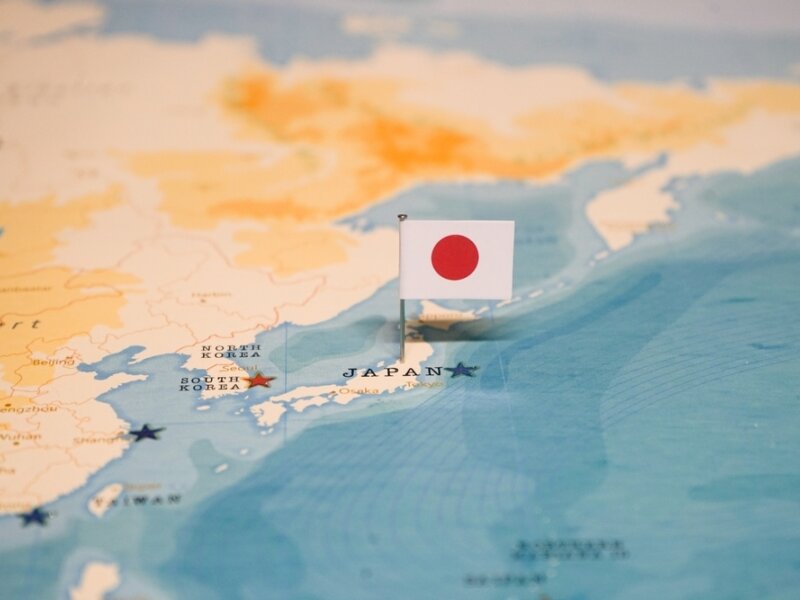Libya at the crossroad of its future
After electing Fathi Bashaga as Prime Minister, Libya is getting ready to turn the page. A look at possible scenarios in this new phase.

Hussein Eddeb/Shutterstock.com
The election of Fathi Bashaga as Libya’s new Prime Minister is a key element in a renewed convergence between opposing factions in the country. The new Prime Minister and Government, whom we will see at work in just a few weeks, are the result of an agreement between Tripolitania and Cyrenaica, which also involves Fezzan. This was disclosed a few weeks ago in a meeting in Benghazi between the former Vice Chairman of the Government of National Accord, Ahmed Maiteeg, General Khalifa Haftar and Bashaga himself.
It is no coincidence that, immediately after the confidence vote at the House of Representatives in Tobruk, the newly elected Prime Minister flew to Tripoli, accompanied by Maiteeg. The two Misrata-born politicians chose to stick together so that Bashaga could obtain as many votes as possible among the members of Parliament, thus receiving the broadest possible legitimation. Judging by the unanimous vote received by the Prime Minister-designate from the House of Representatives, this first phase can be considered to have been successful.
In fact, this broad political support gives Bashaga (and the government that he is forming) the approval they need to go through the delicate phase of transition from the incumbent Prime Minister, Abdelhamid Dabaiba. Appointed at the beginning of last year by the Libyan Political Dialogue Forum – a UN-backed body created to enact a ceasefire in the autumn of 2020 – Dabaiba was tasked with leading the so-called Government of National Unity, a caretaker government in charge of bringing the country to elections scheduled for 24 December 2021.
The elections fell through due to technical reasons (and internal political dynamics). They were postponed to 24 January and called off again. According to the roadmap outlined by the Parliament, parliamentary and presidential elections are now to be held within 14 months. If Dabaiba – whose mandate officially expired on 24 December 2021 – were to remain in government over this period of time, this would produce a political stalemate.
However, Dabaiba stated that “he will not accept any new transitional phase or parallel authority” and will only hand over power to an elected government. This is a dangerous position, considering that the new premier enjoys the confidence of the House of Representatives, just as he did.
The possibility of a dual government – a deplorable option already experienced in Libya – carries the risk of harming the stabilisation process now underway.
Foreign powers, which have long been conditioning the political dynamics in Libya, will also play a key role in this process: the ambassadors and political directors of the Foreign Ministries of the P3+2 countries (France, United Kingdom and United States, plus Germany and Italy) discussed this point in a meeting held in Rome in February. The meeting was also attended by representatives of the United Arab Emirates, Qatar, Turkey and Russia, as well as by the Special Advisor to the UN Secretary General on Libya, Stephanie Williams, who had previously met bilaterally with Italian foreign minister, Luigi Di Maio.
Bashaga, on his arrival in Tripoli, committed to “opening a new chapter” and “reaching out” to all Libyans – a priority for the country. Thanking Dabaiba for his work, the new Prime Minister said that he was “confident” that the Government of National Accord would “respect democratic principles” and hand over power. Whether, in the coming 14 months, Libyans will have a new president, government and parliament will all depend on this phase.



